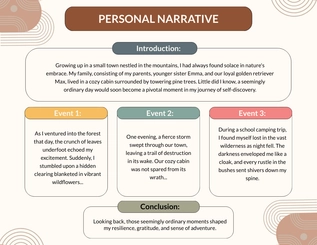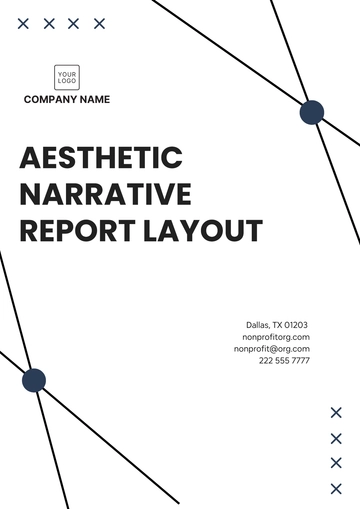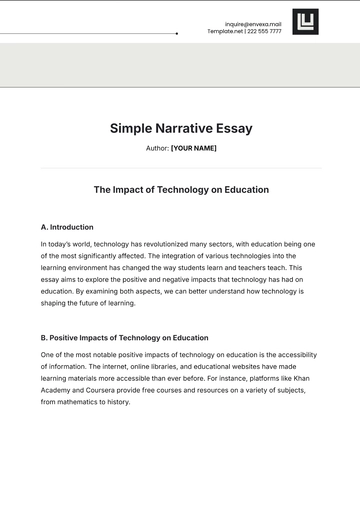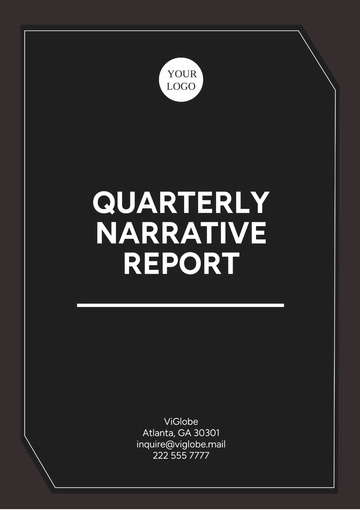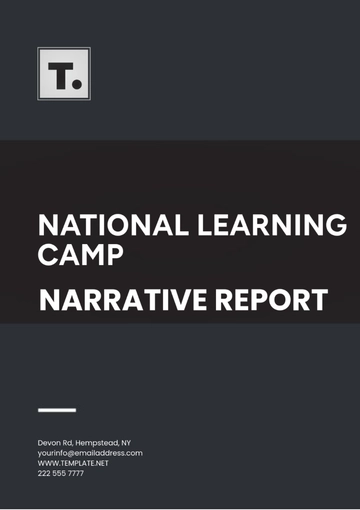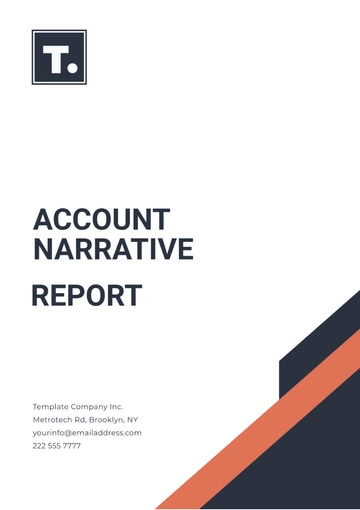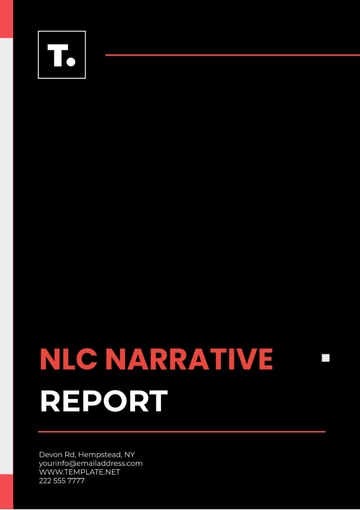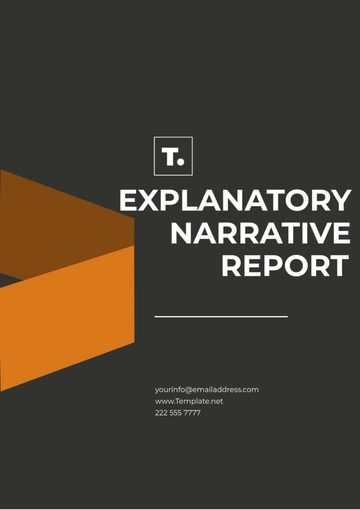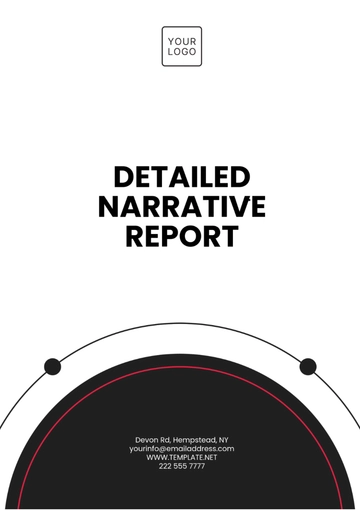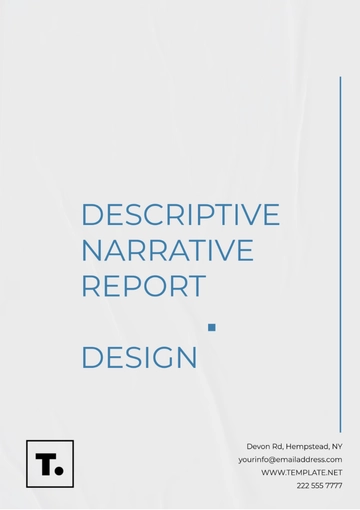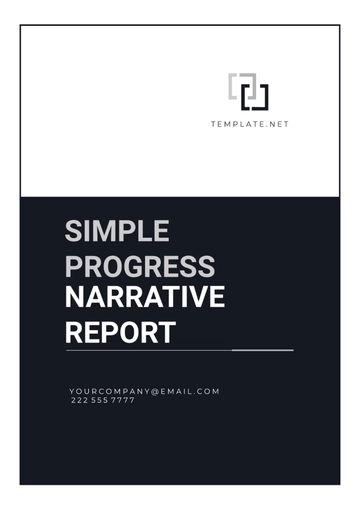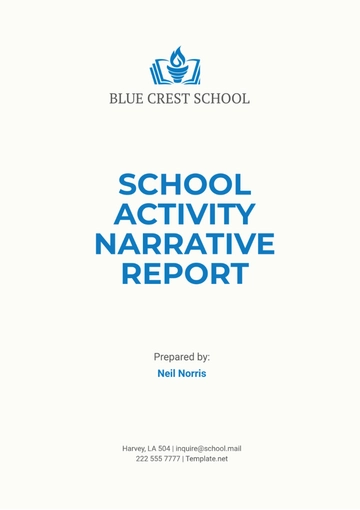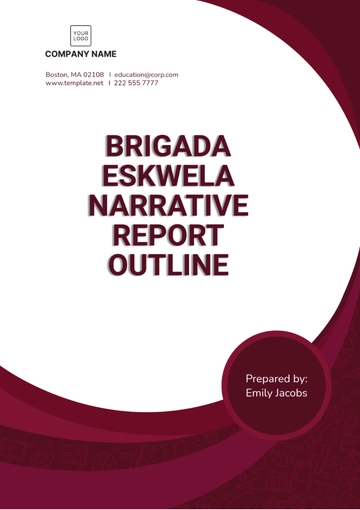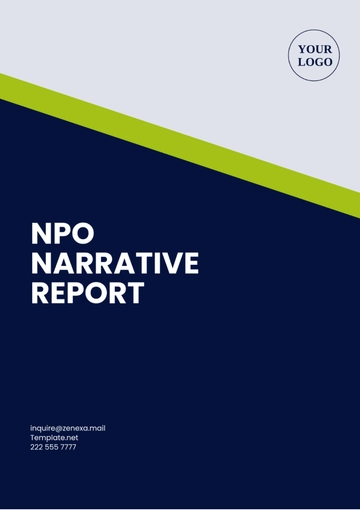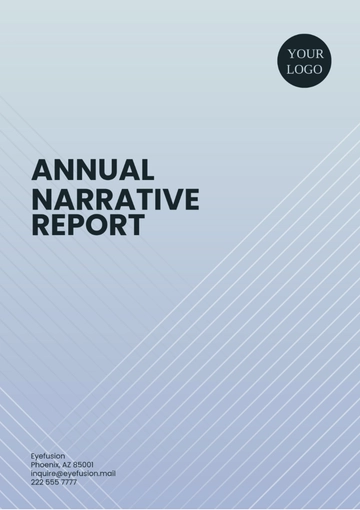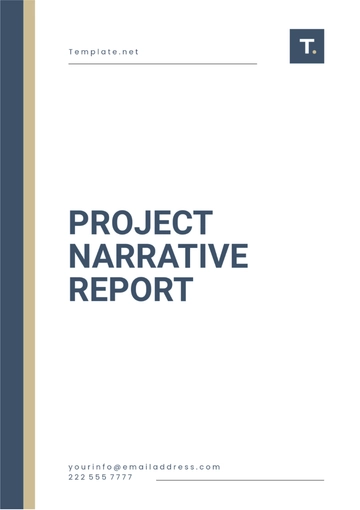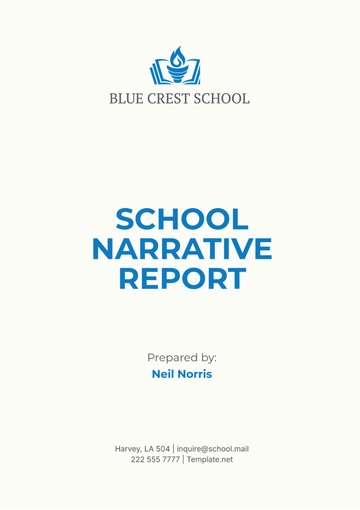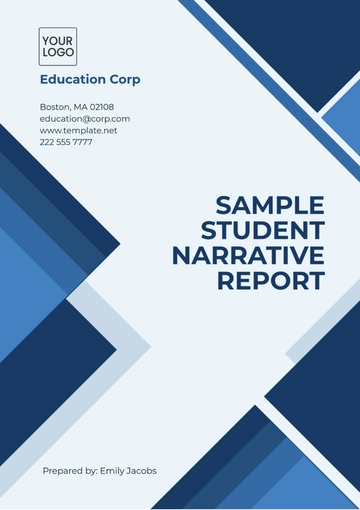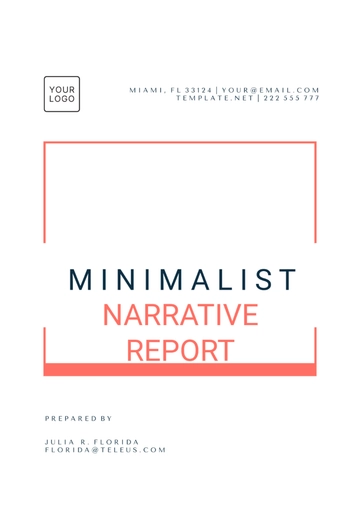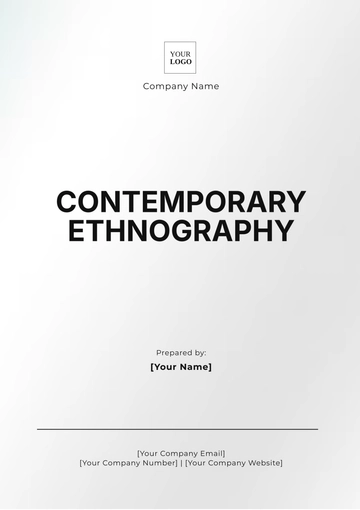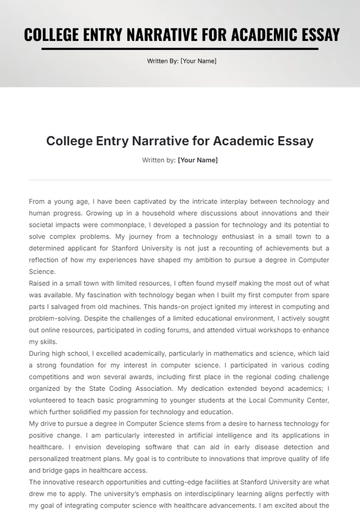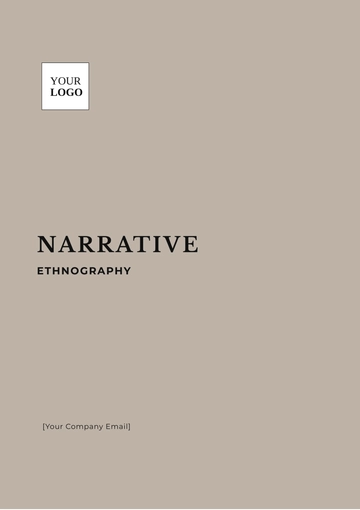Free Contemporary Ethnography
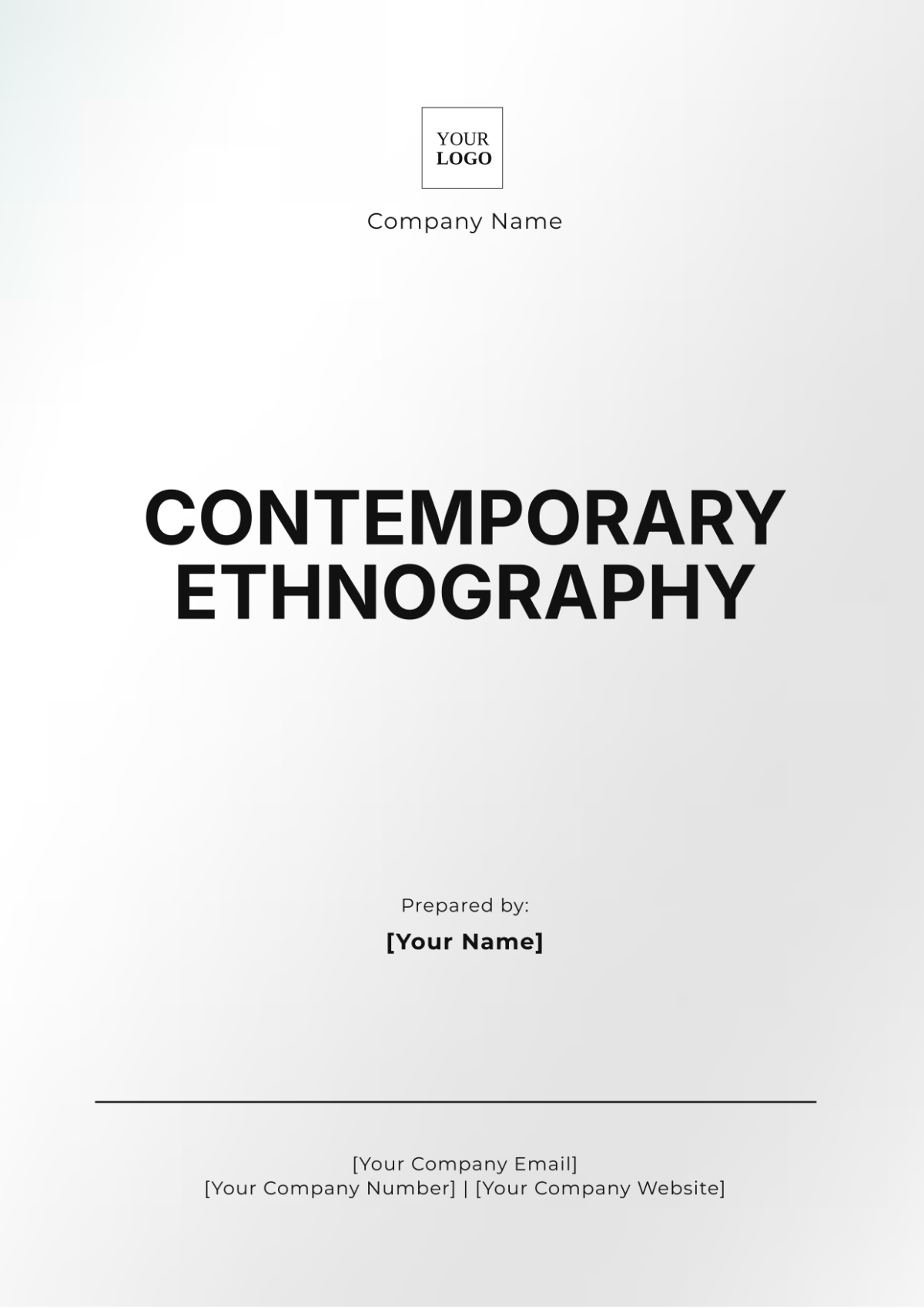
Title: The Digital Expression of Identity: Urban Youth Culture in Modern Metropolises
1. Introduction
This ethnography explores the role of social media in shaping the identity and social interactions of urban youth in major metropolitan areas. The research investigates how digital platforms influence cultural expression, community building, and self-representation. The study focuses on urban youth aged 16-24 in New York City, addressing the primary question: How do digital environments impact youth identity formation and community dynamics in contemporary urban settings?
2. Methodology
The study employs a mixed-methods approach, combining participant observation, semi-structured interviews, and digital ethnography. Over six months, 50 participants were observed across both online spaces (social media platforms like Instagram, TikTok, and Discord) and physical environments (community centers, parks, and urban public spaces). Interviews were conducted in person and online, focusing on participants' media habits, social connections, and self-perceptions. Data was analyzed using thematic coding to identify recurring patterns in behavior and communication.
3. Fieldwork Description
Fieldwork took place in highly dynamic urban settings, capturing a diverse demographic of youth from various socioeconomic and cultural backgrounds. Observations centered around community spaces frequented by the target group, as well as their digital interactions on social platforms. The participants expressed themselves through a fusion of street fashion, music preferences, and online personas, reflecting both global pop culture and hyper-local influences. The research also highlighted how these youths navigated socio-economic pressures while seeking to establish a unique personal and cultural identity.
4. Data Analysis
Data analysis revealed several prominent themes. First, social media served as a key platform for identity experimentation, with participants frequently shifting between different online "personas" depending on the platform or audience. The concept of "curated authenticity" emerged, where youth portrayed versions of themselves that aligned with global trends but still retained elements of individuality. Additionally, there was a notable influence of digital influencers on local culture, with participants citing social media figures as inspiration for fashion choices, lifestyle habits, and social attitudes.
5. Findings
The research found that urban youth in modern metropolises navigate complex identity landscapes shaped by both online and offline interactions. Social media platforms not only facilitated the sharing of cultural knowledge but also served as arenas for community-building among peers. Influencers played a dual role as both cultural trendsetters and validators of personal expression. Additionally, the findings revealed that youth were highly selective about the content they engaged with, using social media to construct identities that were reflective of their aspirations, socio-economic status, and peer expectations.
6. Conclusion
This study concludes that digital environments are integral to the contemporary identity formation process among urban youth. By leveraging social media, they engage in constant negotiation between personal and collective identity, balancing global trends with local, urban subcultures. The findings suggest that as digital platforms continue to evolve, they will play an increasingly central role in shaping the ways youth express individuality, build communities, and influence broader social dynamics. These insights contribute to a deeper understanding of how culture is produced, consumed, and transformed in a digitally mediated world.
7. References
List all sources used in the study, including books, articles, and any media platforms analyzed.
- 100% Customizable, free editor
- Access 1 Million+ Templates, photo’s & graphics
- Download or share as a template
- Click and replace photos, graphics, text, backgrounds
- Resize, crop, AI write & more
- Access advanced editor
Document present-day cultures effectively with Template.net’s Contemporary Ethnography Template. Fully customizable and editable in our Ai Editor Tool, this template streamlines your research with a professional design that’s ready for personalization, ensuring your study meets today’s ethnographic standards.
